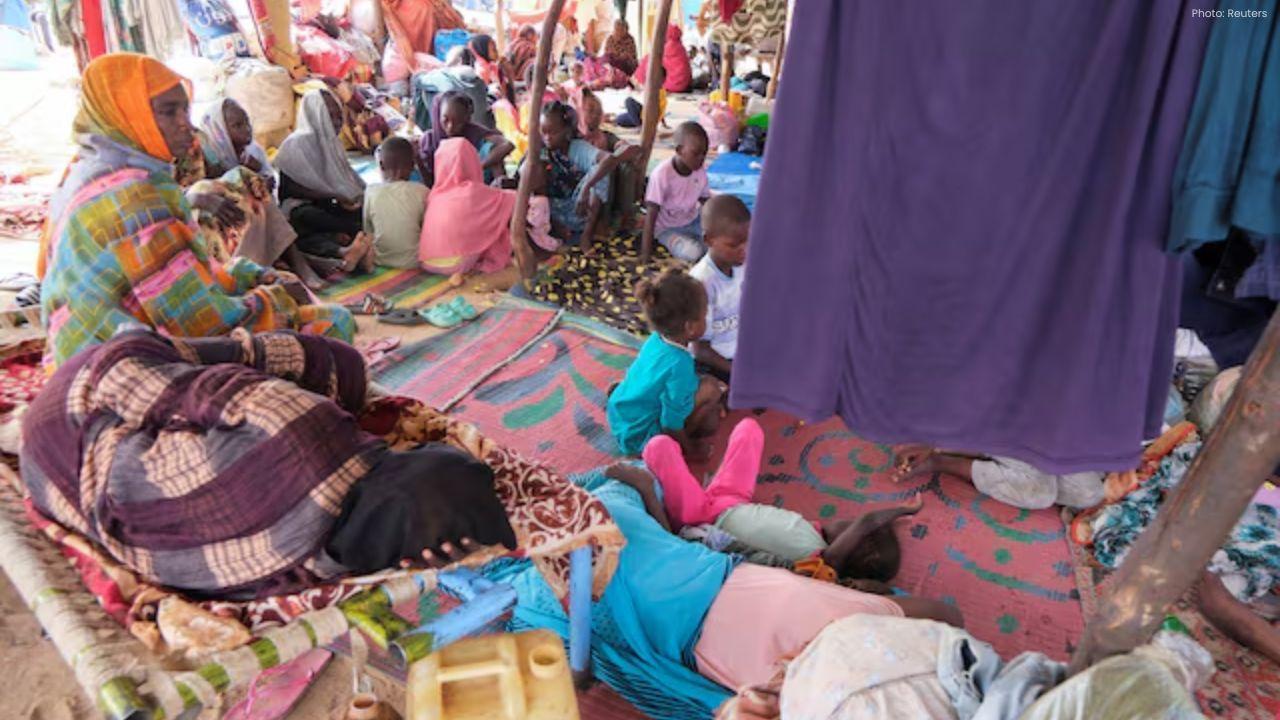
Post by : Mumtaaz Qadiri
The United States, Saudi Arabia, the United Arab Emirates, and Egypt released a joint statement on Friday. In it, they called for a three-month humanitarian truce in Sudan. The goal of this truce would be to stop the fighting and allow aid to reach people. After this pause, the countries proposed moving toward a permanent ceasefire to finally end the war.
A Plan For Civilian Rule
The four countries also shared a larger plan. They suggested that after the truce and ceasefire, Sudan should begin a nine-month transitional process. This process would end with a government run by civilians instead of the military or armed groups. They said this would give Sudanese people the freedom to choose leaders who are accountable and legitimate.
Respecting Sudanese Aspirations
In their statement, the countries said the transition must reflect the wishes of Sudan’s people. They stressed that the people want a peaceful path to civilian rule. The process, they added, should be independent, transparent, and not dominated by any warring faction. Their words showed that they see the people, not armed groups, as the rightful decision-makers for Sudan’s future.
Background Of The War
The Sudanese army and the paramilitary group known as the Rapid Support Forces, or RSF, began fighting each other in 2023. Both groups once worked together, but later turned against each other for control of the country. This war has been extremely destructive, killing tens of thousands and forcing millions to flee their homes. The United Nations has called it one of the world’s worst humanitarian disasters.
Disagreements Delayed Talks
Originally, the foreign ministers of the four nations planned to meet in July in Washington, DC. However, that meeting was delayed because of disagreements between Egypt and the UAE. Egypt has close ties with Sudan’s army, while the UAE has been accused of secretly backing the RSF. This made it difficult for the two sides to agree on a common approach until now.
Unity Of Sudan Emphasized
The four countries also stressed that Sudan must remain united. They rejected any attempt to divide the country. Right now, Sudan is split in control: the army dominates the north, east, and central regions, while the RSF controls much of Darfur in the west. The RSF has even declared a parallel government there, creating fears that Sudan could be split into two states.
Army And RSF Positions
So far, neither the army nor the RSF has officially responded to the new international statement. In the past, the army has said it is open to pauses in fighting. For example, earlier this year it agreed to a temporary ceasefire in El Fasher, the capital of North Darfur. But the RSF refused that proposal, showing that reaching an agreement is still very difficult.
Humanitarian Crisis In Sudan
The war has caused enormous suffering. People are facing food shortages, mass displacement, and lack of medicine. The UN has warned that starvation could spread quickly, especially in the southwest of the country. Aid workers say that a humanitarian truce is urgently needed, or the situation will get even worse.
No Military Solution Possible
In their Friday statement, the four nations clearly said that there is no military solution to Sudan’s conflict. They explained that the continued fighting only creates suffering and danger for the people. According to them, the only way forward is through peace talks, a truce, and eventually a civilian-led transition.
Rejection Of Extremist Groups
The four countries also said extremist groups must not have a role in Sudan’s future government. They were referring to Islamist groups linked to the Muslim Brotherhood. These groups ruled Sudan for decades until 2019 and are now trying to regain influence by supporting the army. The international community is concerned that their return would create more instability.
Sanctions On Sudanese Leaders
On the same day as the statement, the United States imposed new sanctions on some Sudanese leaders and groups. Among them was Sudan’s Finance Minister Jibril Ibrahim, who has ties to Islamist movements. The US also sanctioned the Baraa Ibn-Malik Brigade, a militia that has fought alongside the army.
Aims Of The Sanctions
The US Treasury Department explained the goal of these sanctions. It said the measures aim to limit Islamist influence in Sudan’s government. The sanctions also seek to weaken Iran’s regional activities, which are believed to fuel conflicts and cause more civilian suffering in the region. These steps are part of broader efforts to stop outside powers from making Sudan’s crisis worse.
Egypt And UAE’s Roles
Egypt has always been a strong ally of Sudan’s army and insists that state institutions must be protected. The UAE, however, has been accused of giving support to the RSF. Although the UAE denies this, US lawmakers and experts say the accusations are credible. These different alliances make the peace process more complex, since both countries are part of the four-nation group trying to mediate.
Challenges To Achieving Peace
Even with this new call for a truce, many challenges remain. The army and the RSF are both powerful and deeply distrust each other. Each controls large parts of Sudan and benefits from external supporters. Unless both sides agree to lay down their weapons and allow aid in, it will be very difficult to stop the suffering of civilians.
The Importance Of International Pressure
Experts say international pressure is vital to push the warring parties toward peace. The US, Saudi Arabia, Egypt, and the UAE all have strong influence on either the army or the RSF. If they continue working together, they may be able to persuade the groups to stop fighting and accept a civilian transition. But if they disagree, Sudan could remain trapped in conflict.
People’s Hope For Peace
For ordinary Sudanese citizens, peace is the only way forward. Many have lost their homes, family members, and livelihoods in this war. Their main demand is for safety, food, and a chance to rebuild their lives. They are tired of warlords and want leaders who represent the people rather than armed groups.
The international call for a truce may mark a turning point if both the army and the RSF take it seriously. A three-month pause could open the door to humanitarian aid and meaningful negotiations. If followed by a permanent ceasefire and a civilian-led transition, Sudan could finally move toward peace after years of war. But if the call is ignored, the crisis will only deepen, and the suffering of millions will continue.
Sudan peace talks, Humanitarian truce Sudan, Civilian rule transition
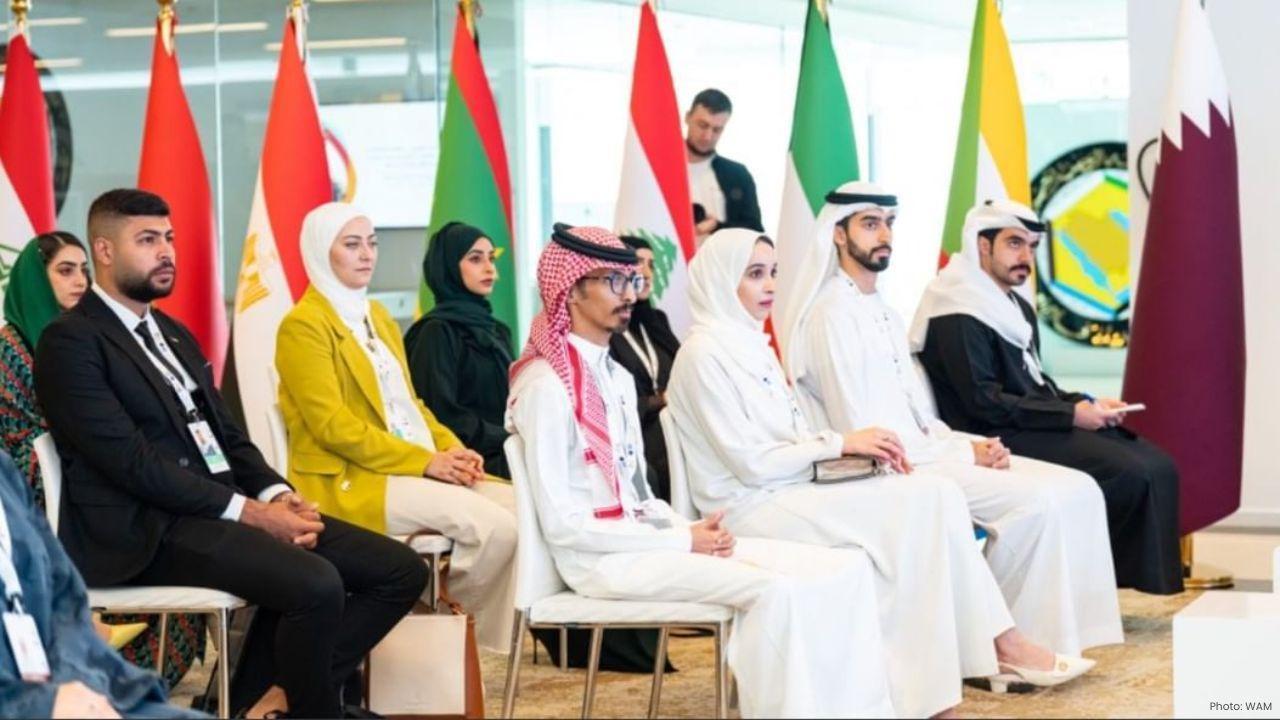

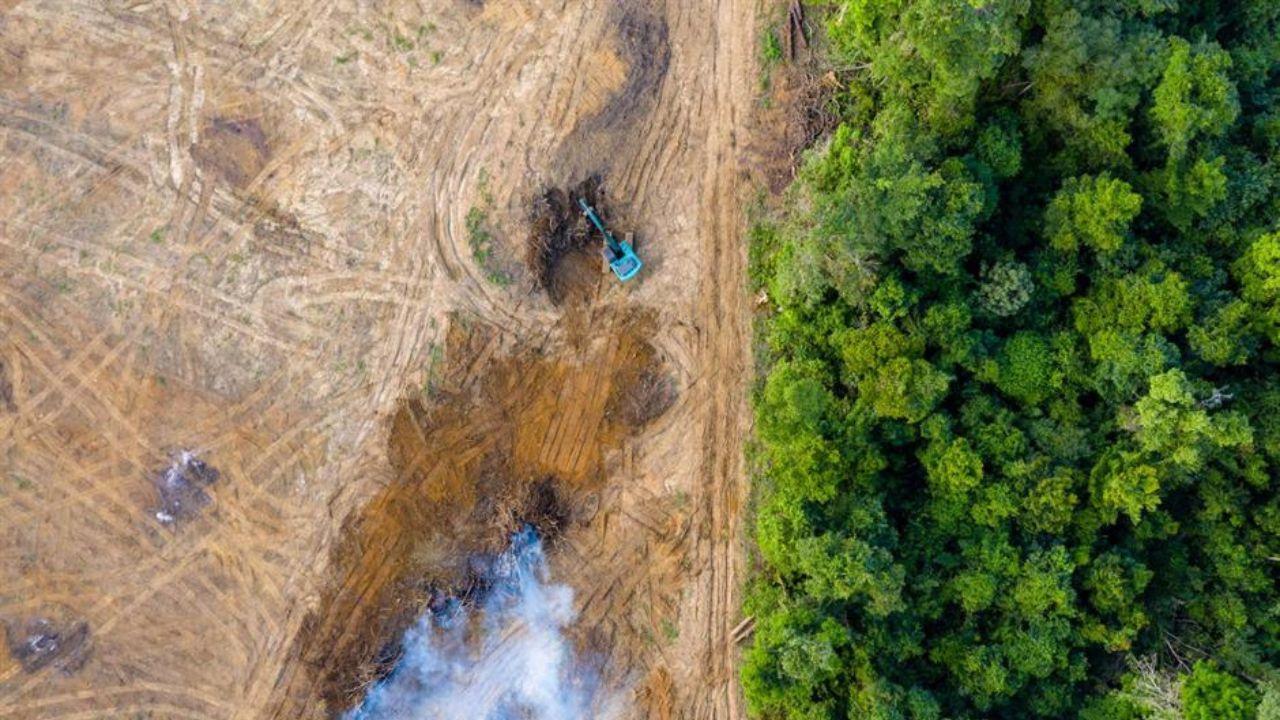
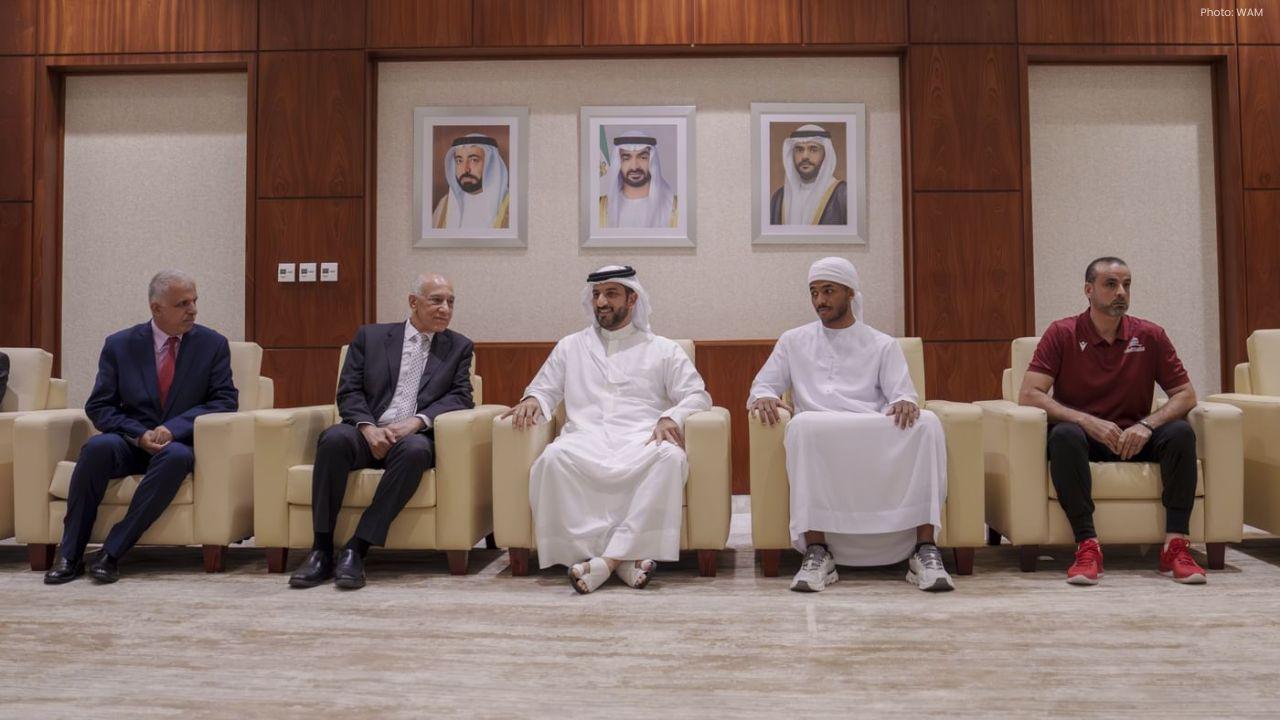
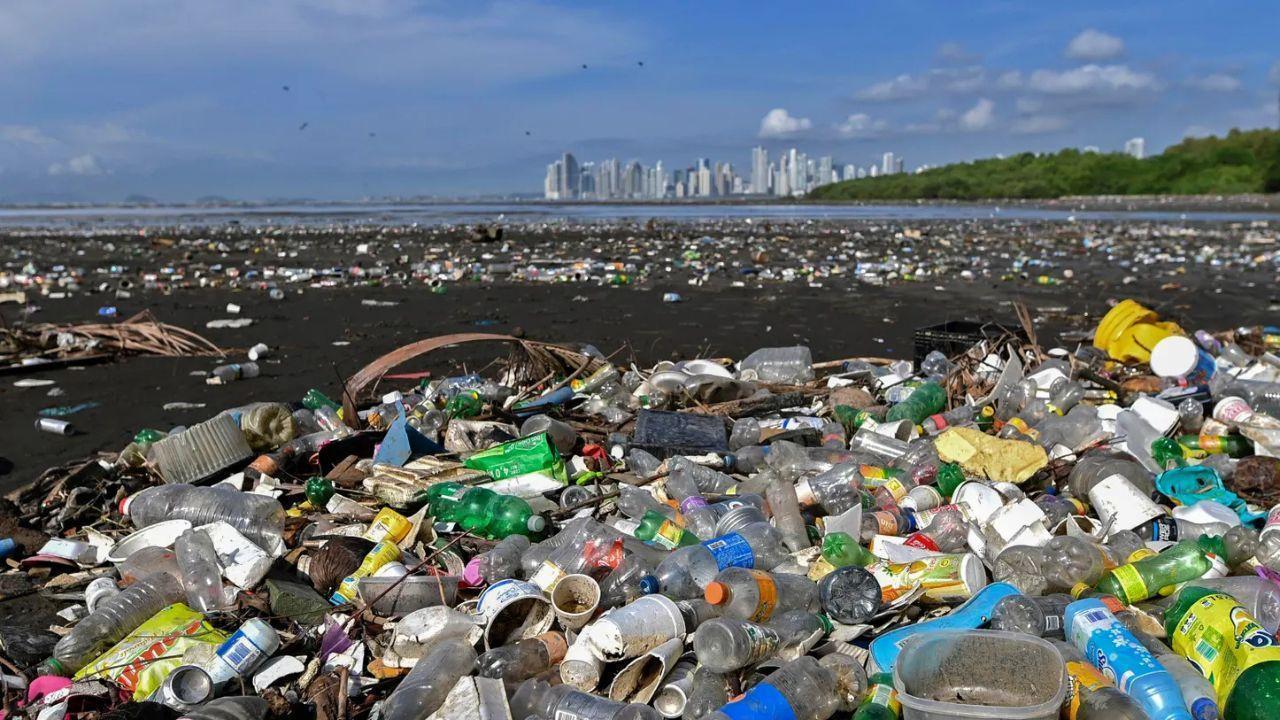
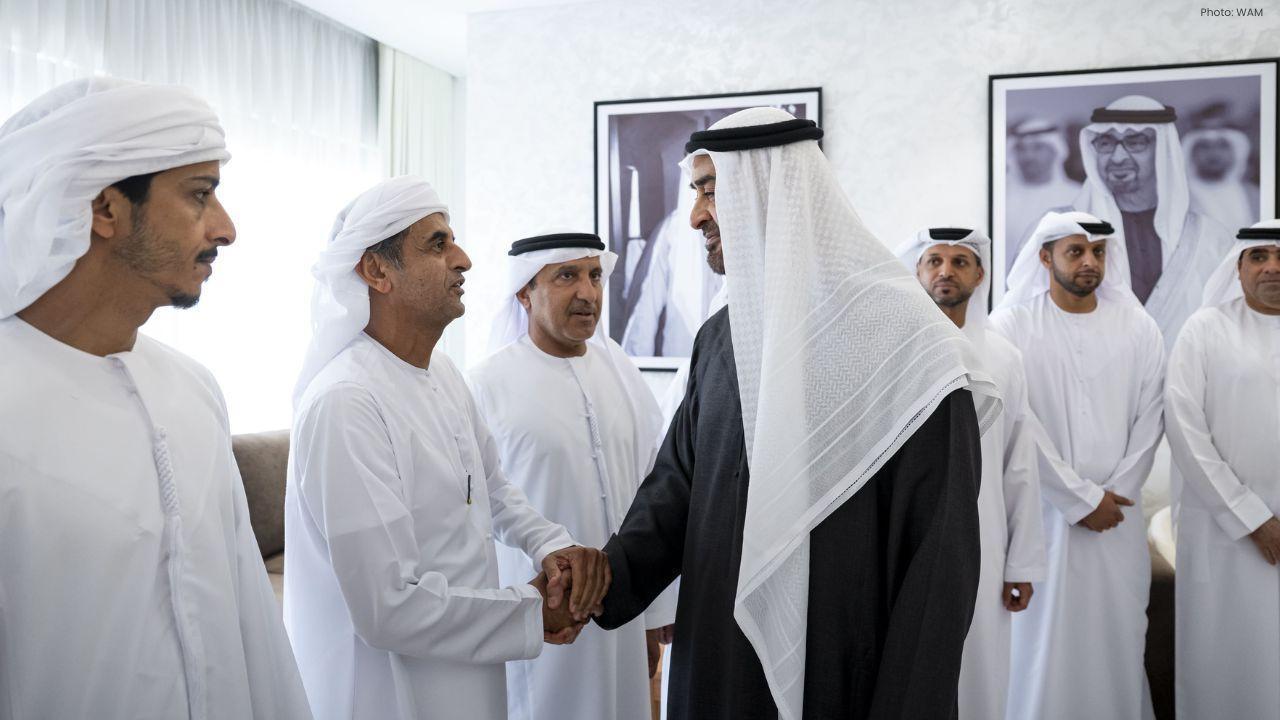




US, Saudi, UAE And Egypt Call For Truce and Peace In Sudan
US, Saudi, UAE, and Egypt urged a 3-month truce in Sudan, pushing for peace, civilian rule, and reli
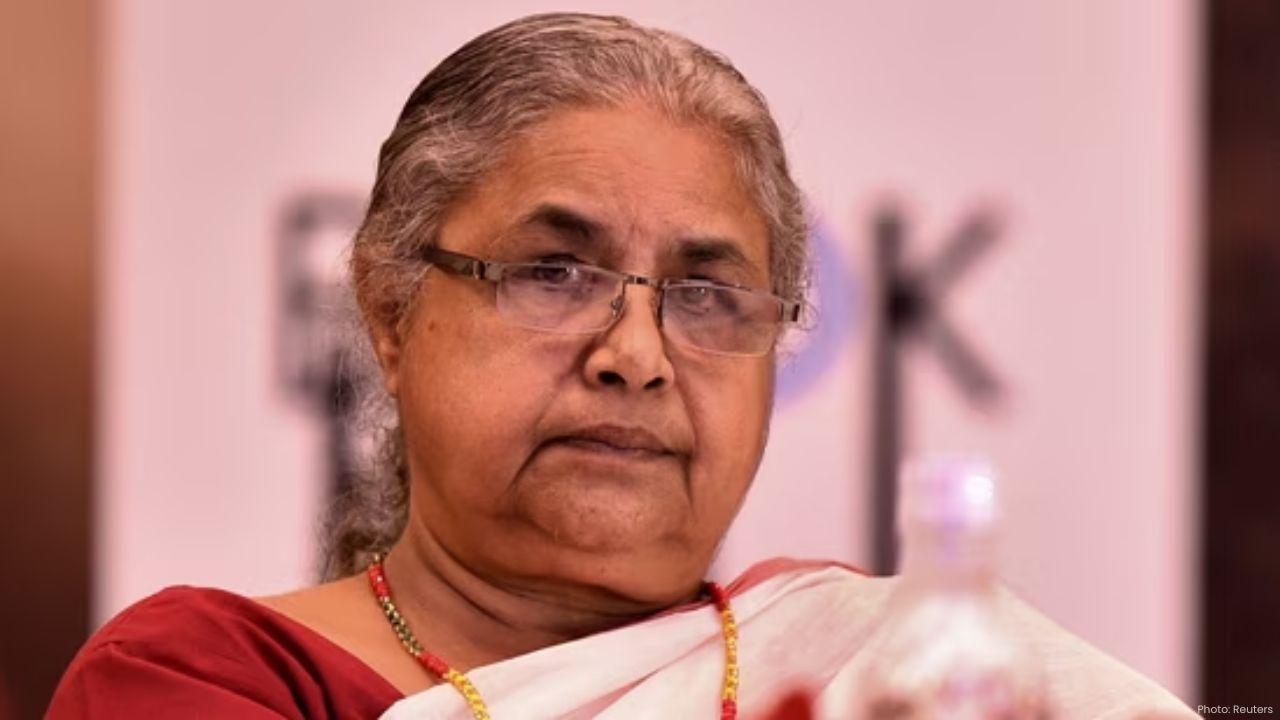
Sushila Karki Becomes Nepal’s First Woman Interim Prime Minister
Former Chief Justice Sushila Karki was sworn in as Nepal’s interim Prime Minister. She will lead unt
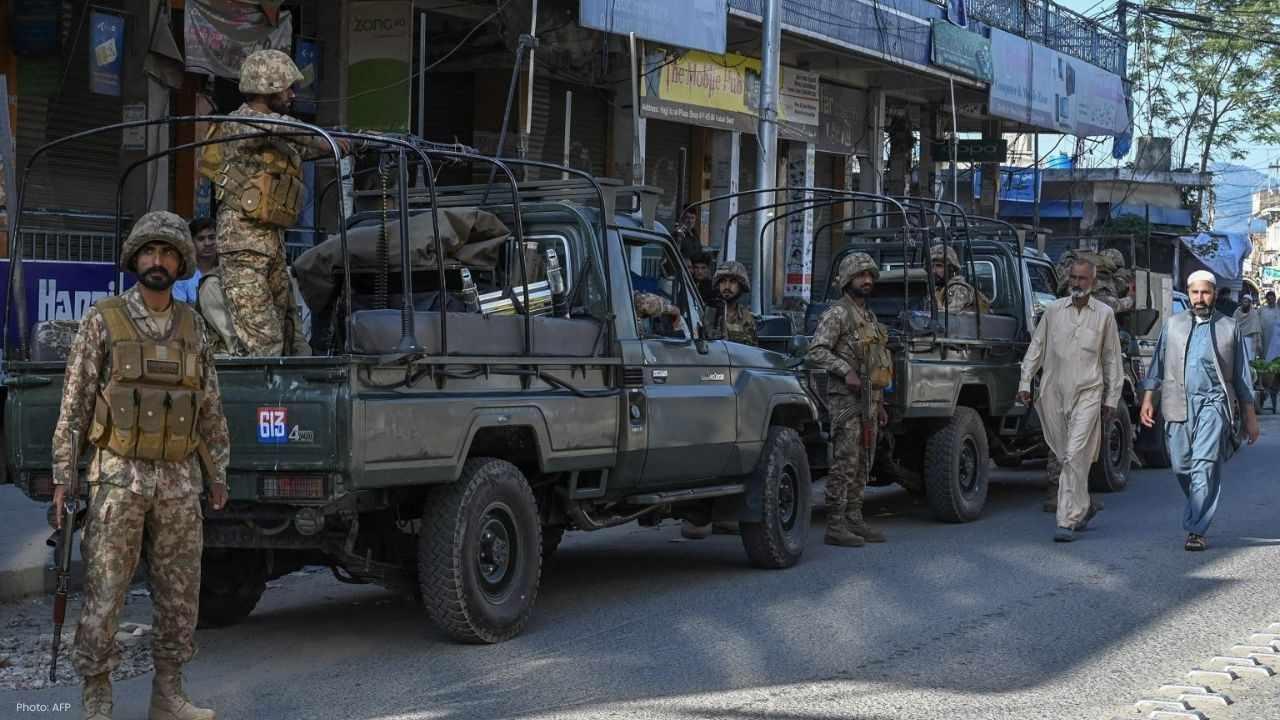
Twelve Soldiers Killed In Militant Attack In South Waziristan
Twelve soldiers were killed in an ambush by militants in South Waziristan near Afghanistan’s border,

Pavel Sivakov Gets Second Place In Québec Bike Race
Pavel Sivakov took second place in the Québec bike race as Julian Alaphilippe won. Tadej Pogačar ret
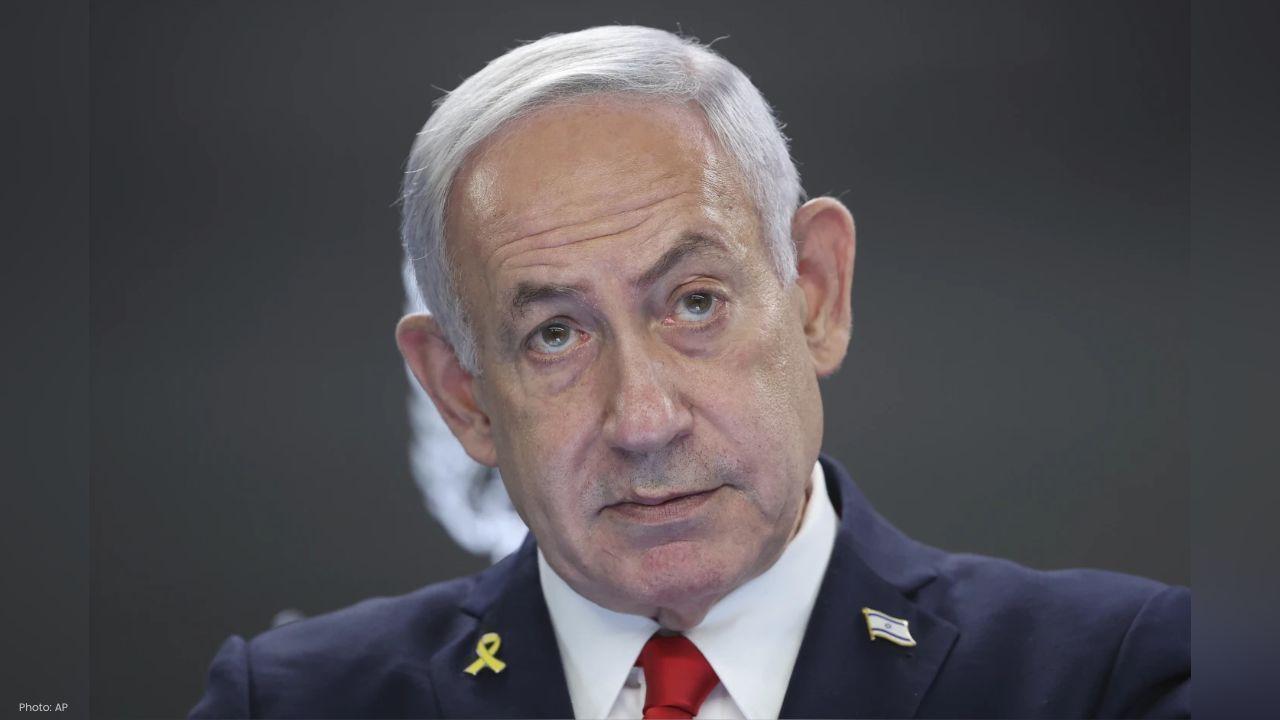
Netanyahu Fails In Qatar Strike As Hamas Leaders Survive
Israel’s strike in Qatar to kill Hamas leaders failed, sparking backlash, harming Netanyahu’s global
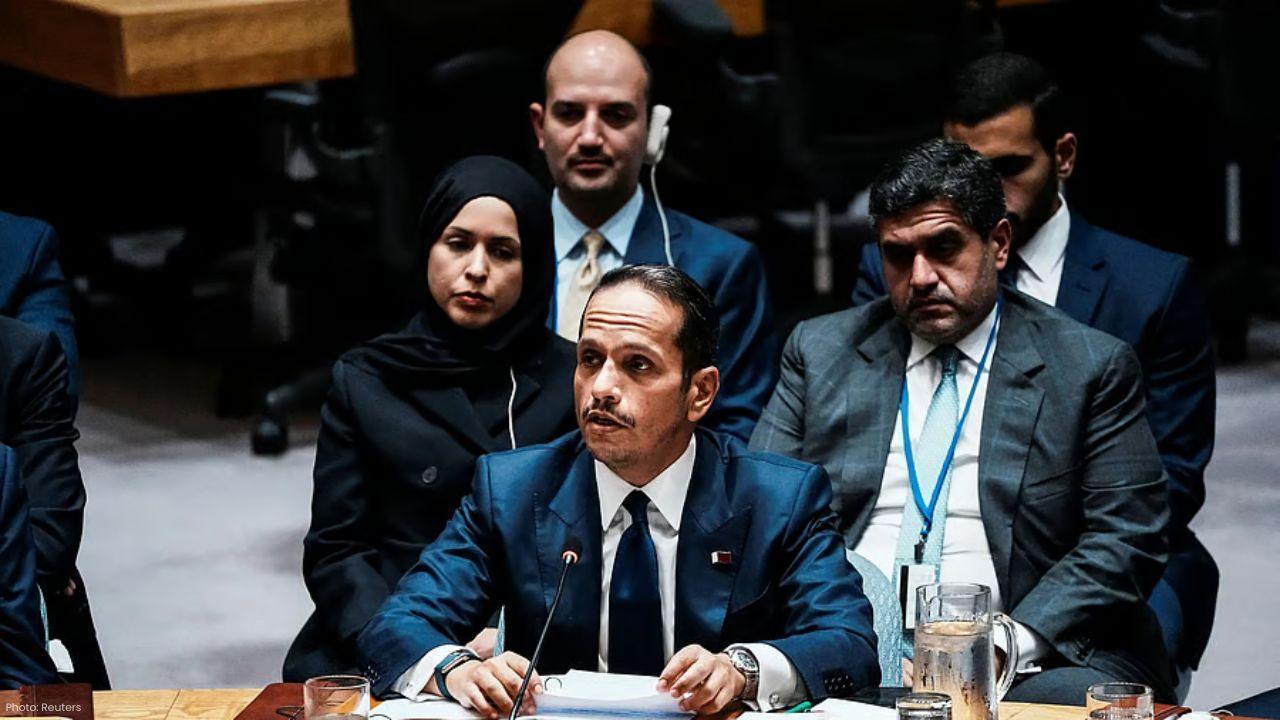
Qatar Prime Minister Meets Trump After Israeli Strike On Doha
Qatar’s Prime Minister meets Donald Trump in New York after Israel’s deadly strike on Doha. Talks fo